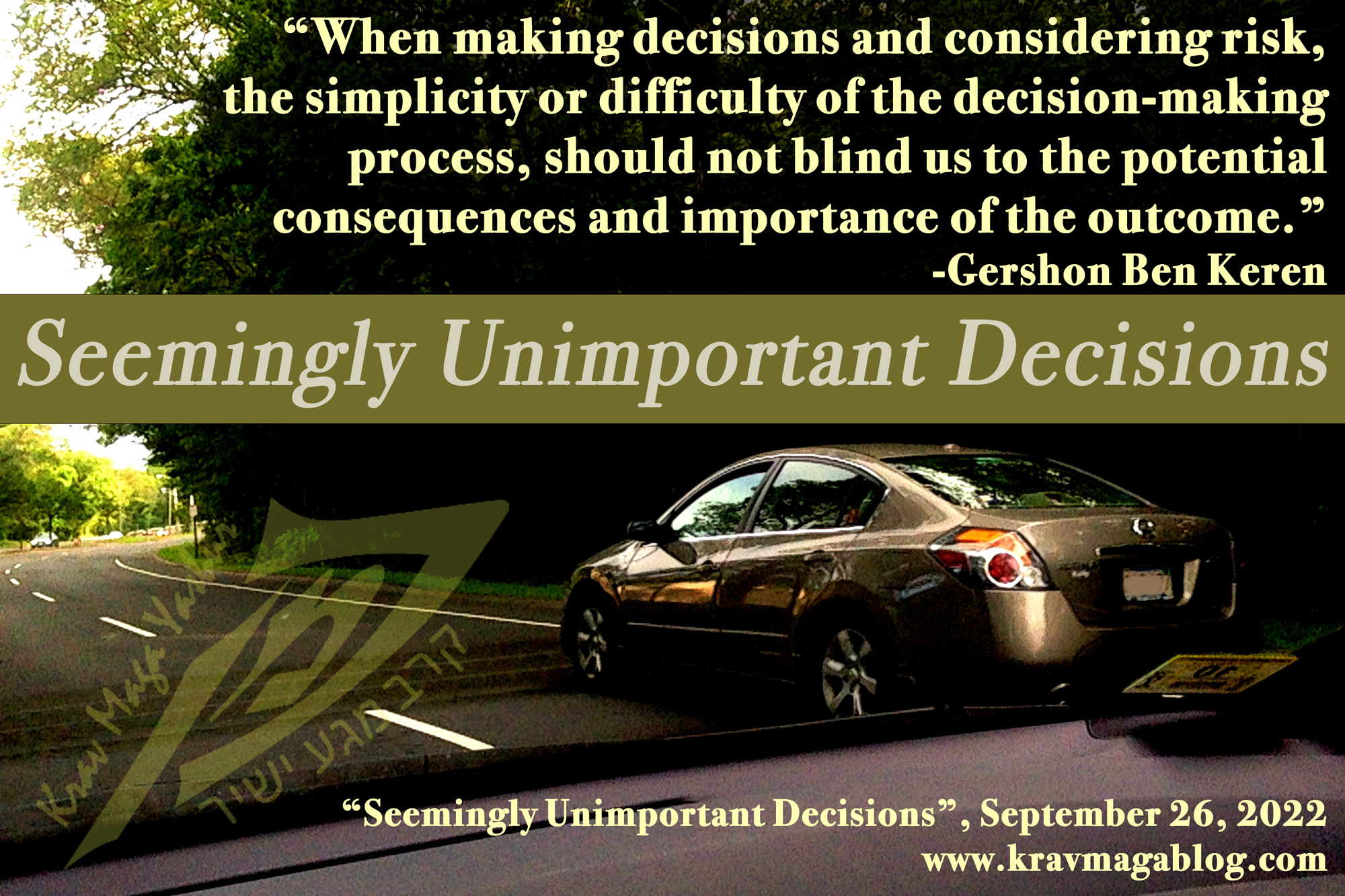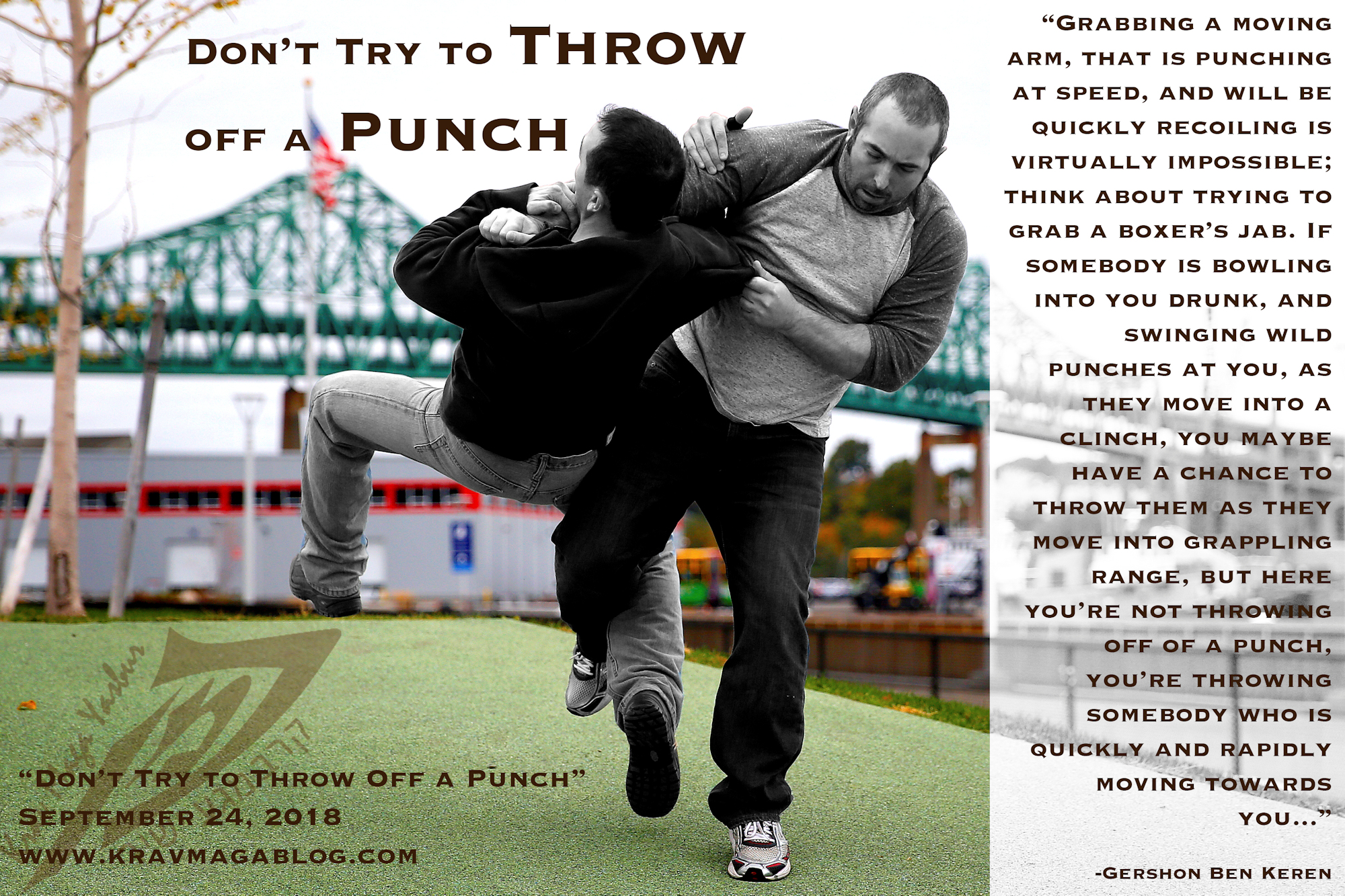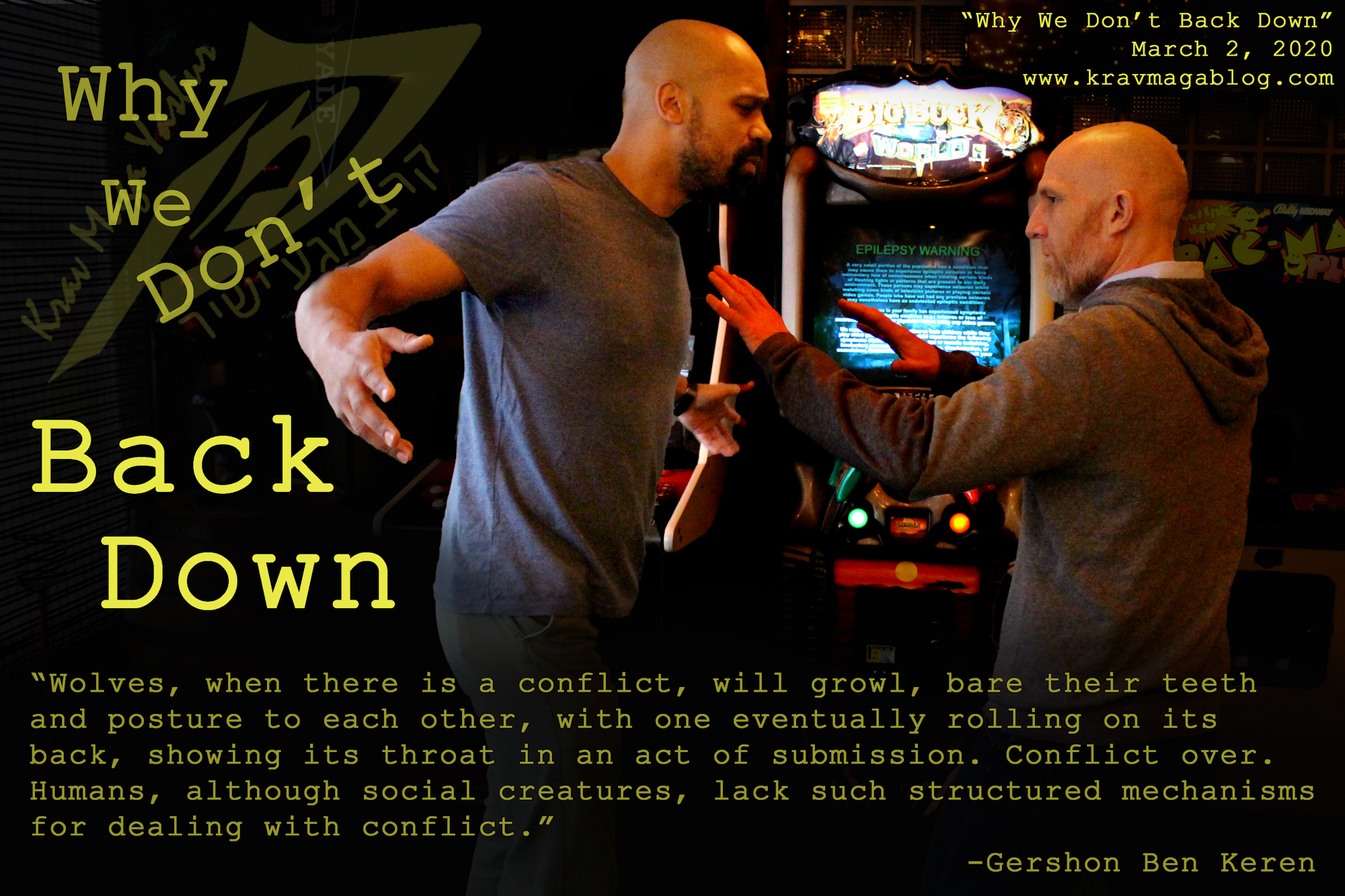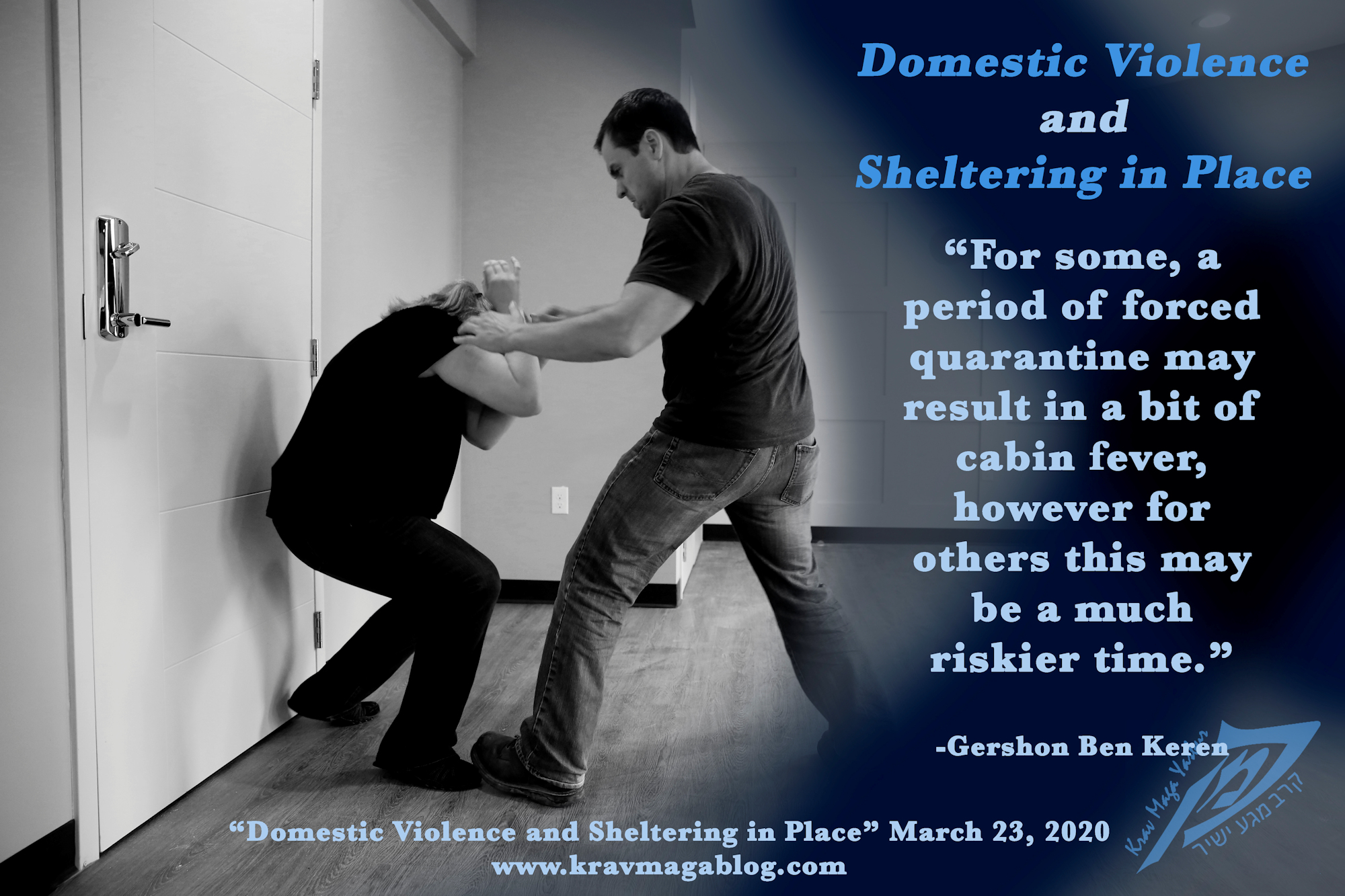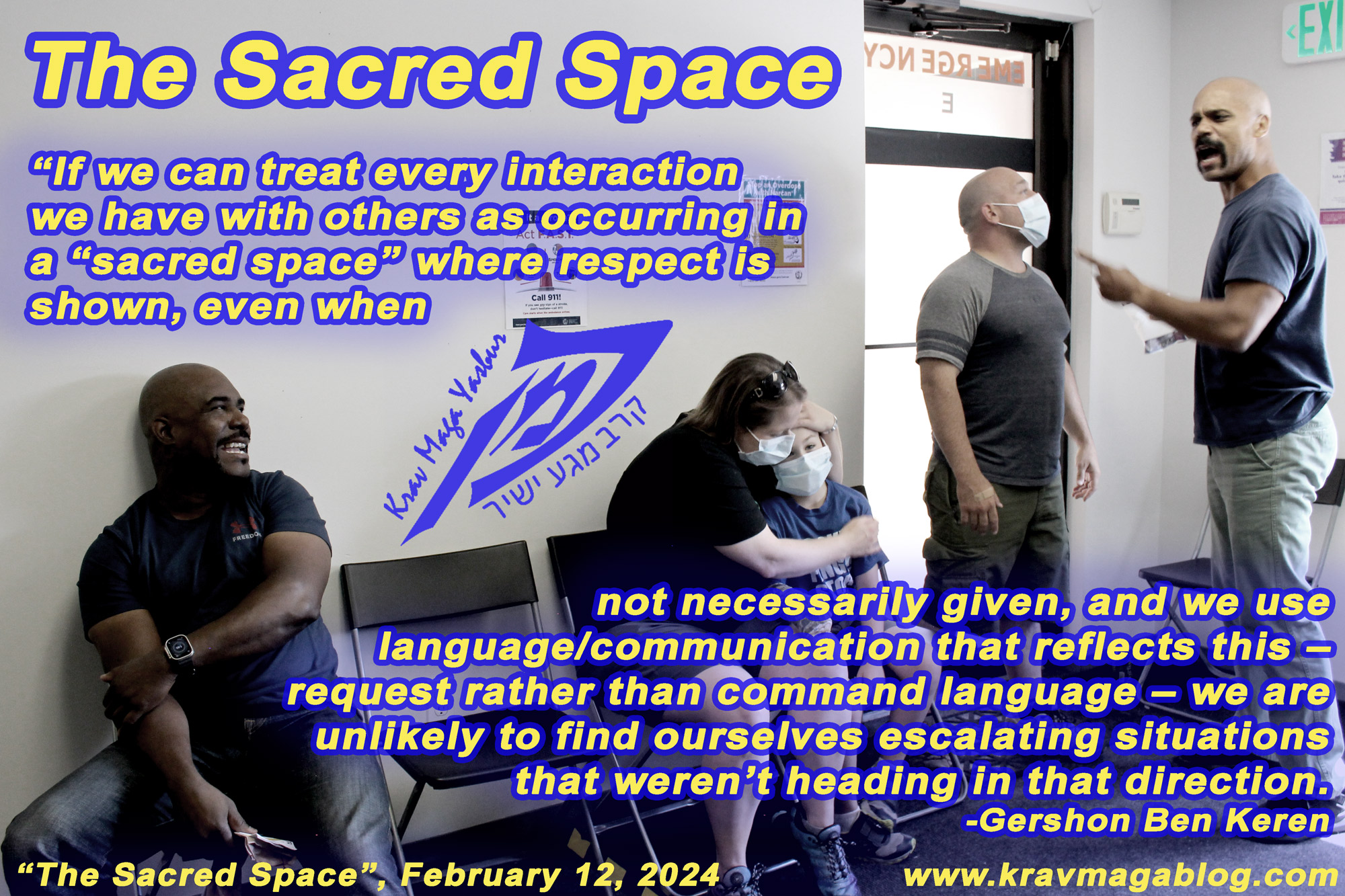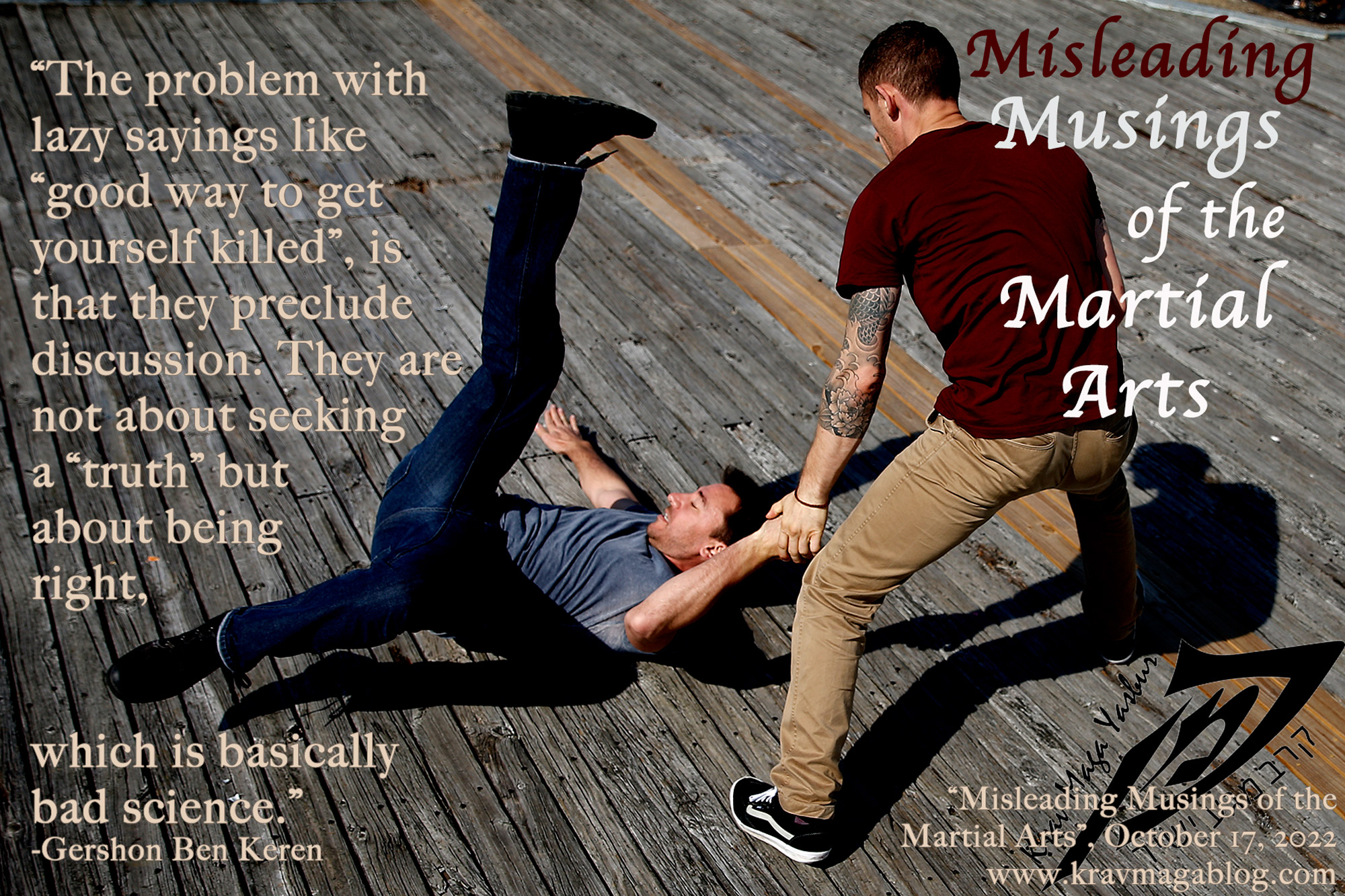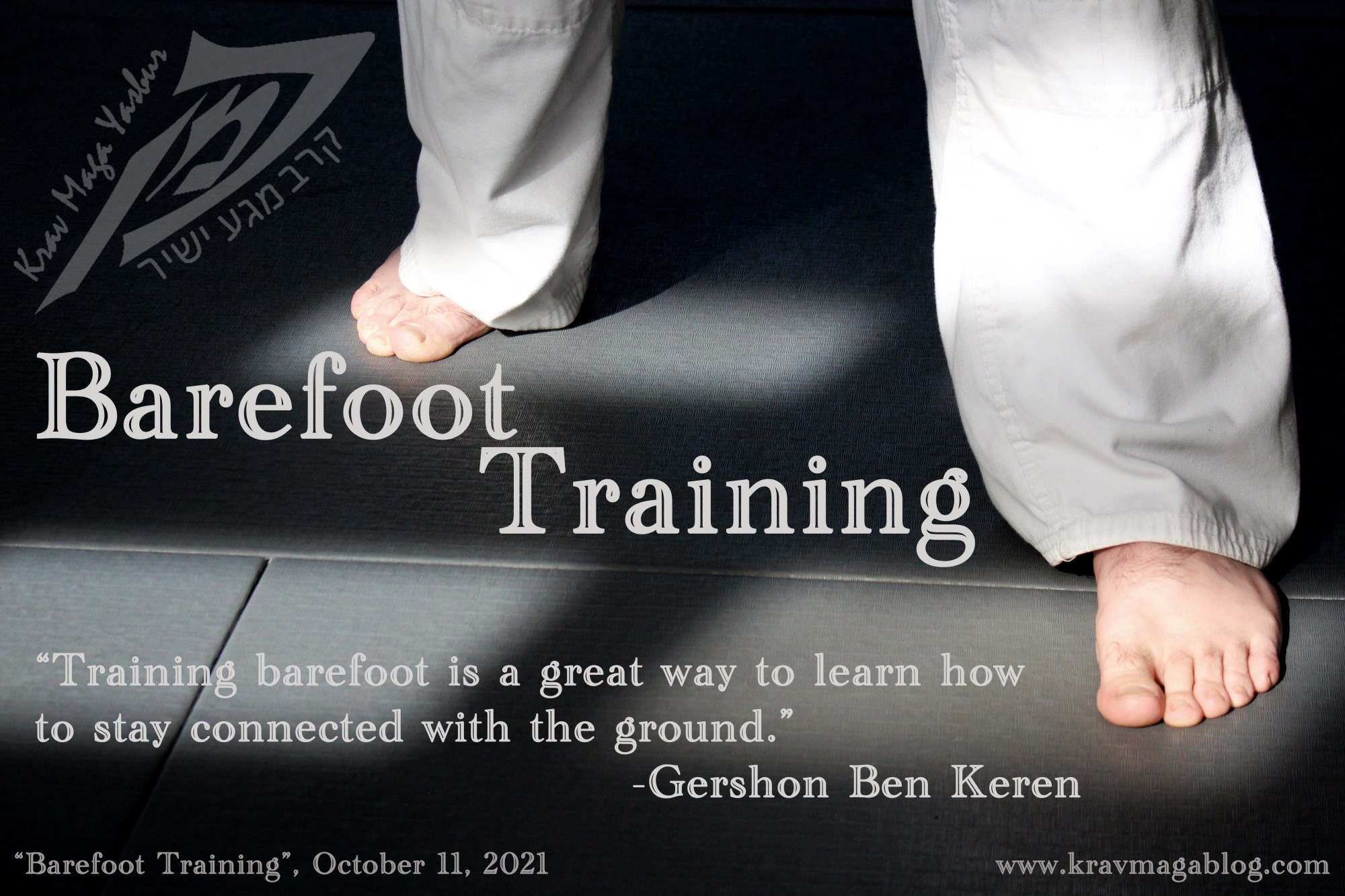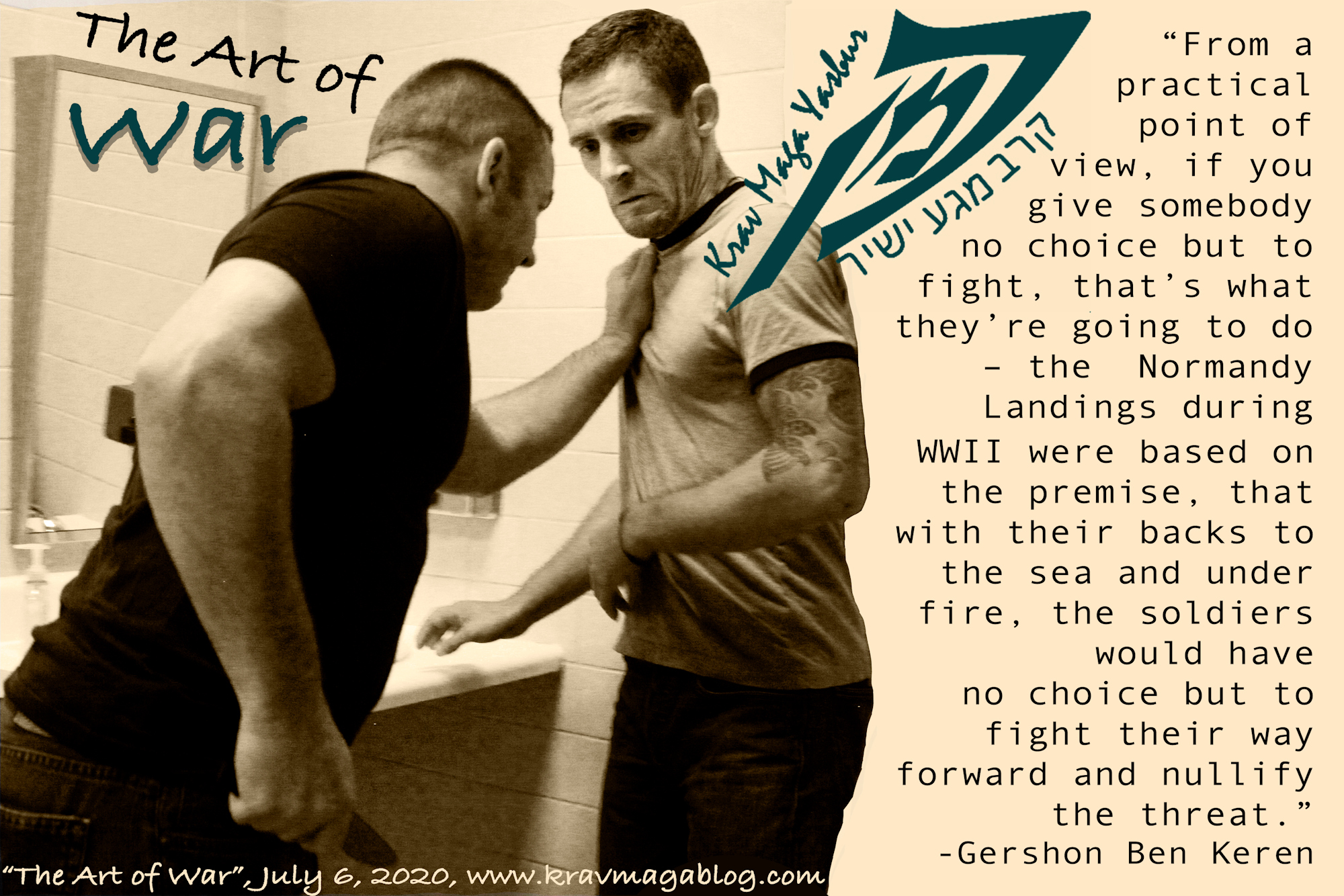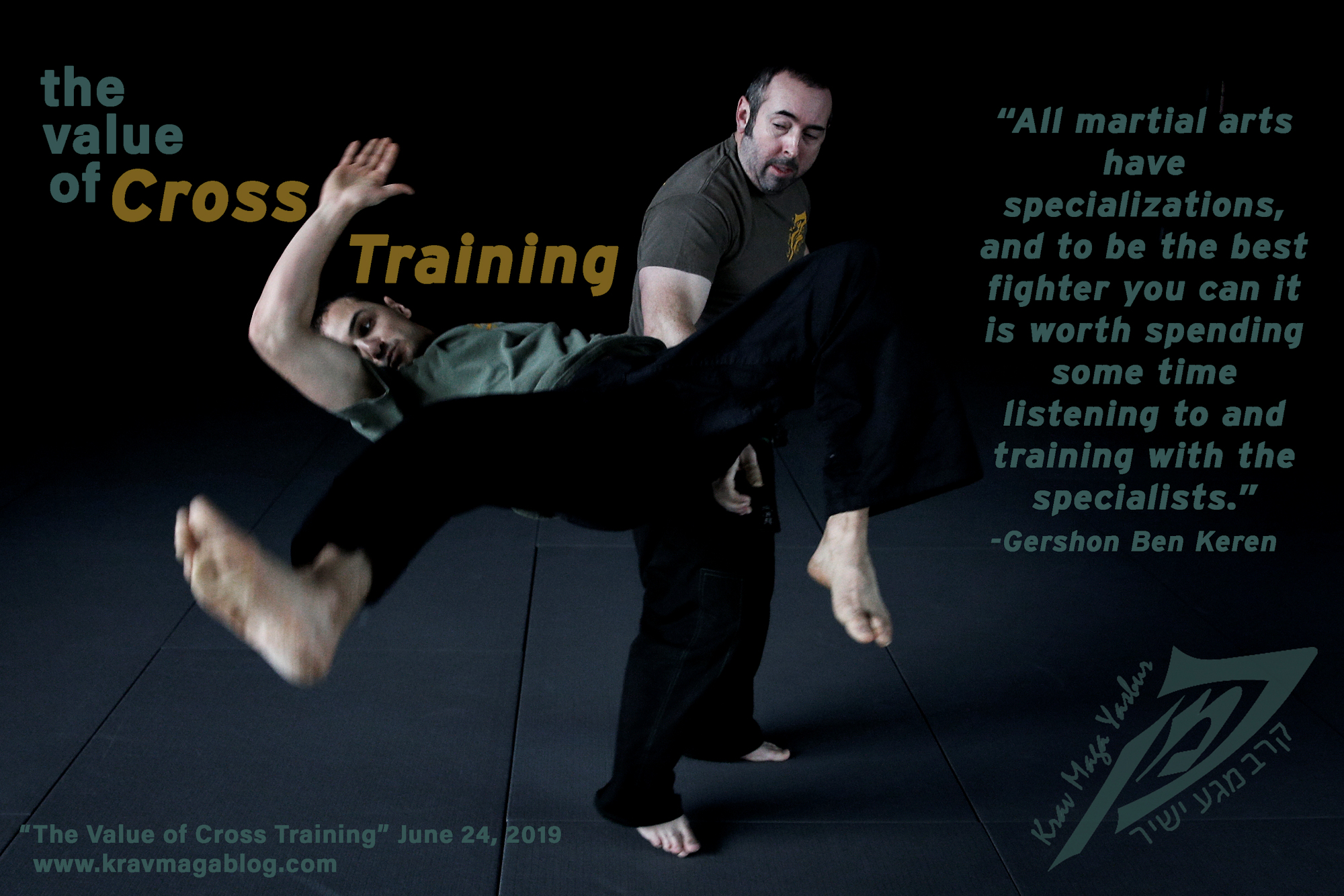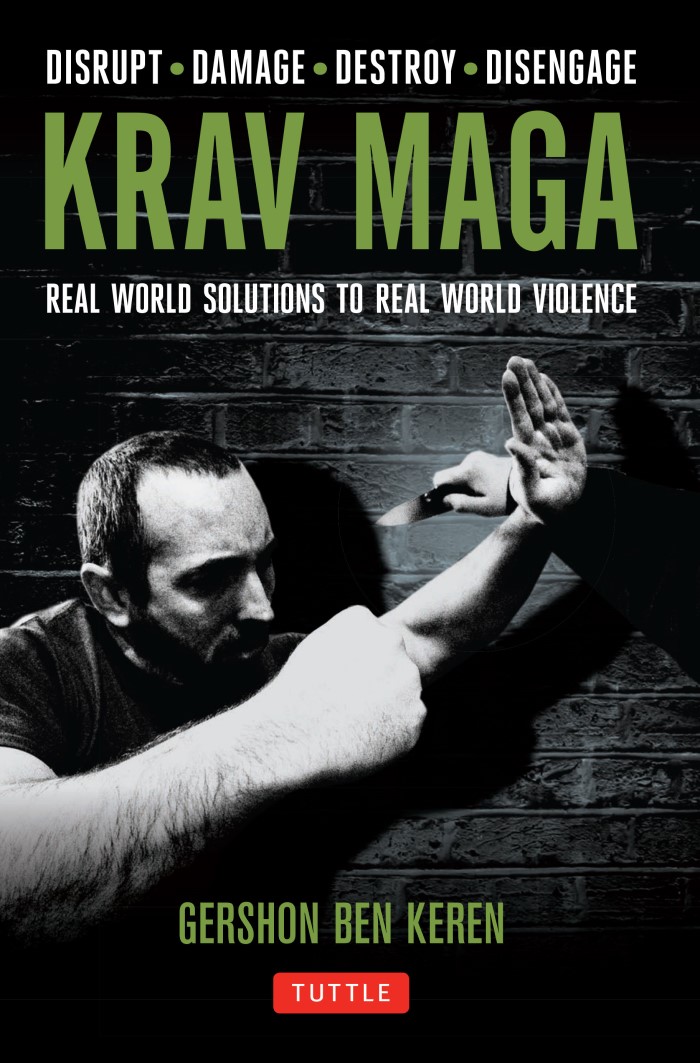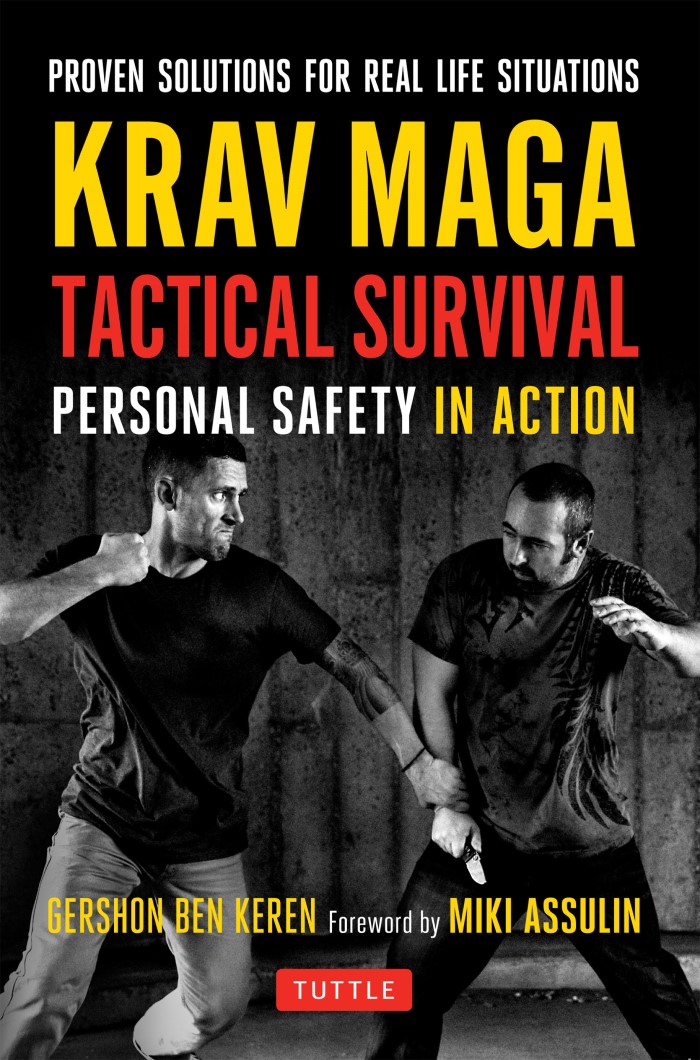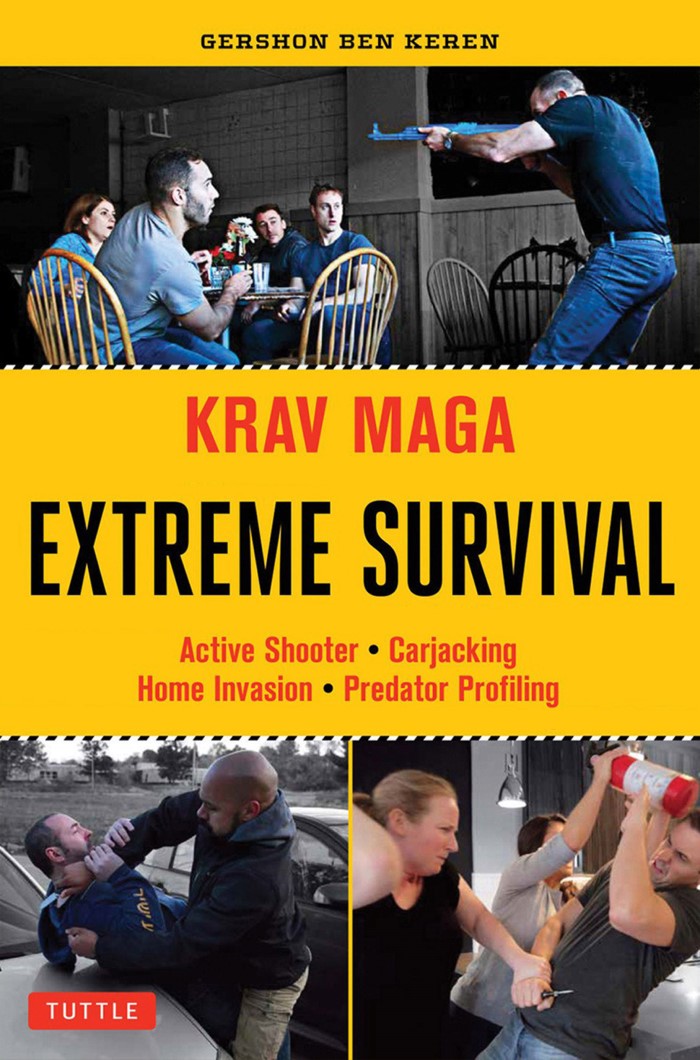Humility, Respect & Martial Arts Cults, is an article written by Gershon Ben Keren, a 5th Degree Black Belt in Krav Maga, who teaches Krav Maga in Boston, MA. He has also authored three Amazon best-Selling Books on Krav Maga.
I grew up practicing martial arts; traditional martial arts, where there was a great emphasis on the values of humility and respect. If you practiced martial arts as a child, you probably had a similar experience: you were not just there to learn physical skills and techniques, but to develop character. To become somebody who was honest, who had integrity, someone who knew what was right and what was wrong, and was prepared to stand up for what they believed in, etc. Not only would these things make you a better person, but they would also help to develop a fighting spirit. As a child, I believed in these things, and as an adult I still do. Whilst I still practice traditional Karate and Judo, my time and emphasis is on reality based self-defense, and Krav Maga in particular – where these values, rarely get mentioned. There is a lot of emphasis on aggression training, but not on the development of the person, and it is this development, which leads to the foundation upon which aggression, not anger, can be built. If you truly respect yourself, you will fight with all of your being, when called upon to do so. If you lack this self-worth, then all you’ll be able to respond with is anger. Anger and aggression, may appear similar, however one is built on character, whilst the other comes from a lack of it.
I was recently interviewed for a podcast, where the conversation led to myself and the interviewer (a martial artist) discussing why “values” aren’t taught in adult classes. With Krav Maga, in particular, many students (and instructors) didn’t train martial arts as children, and so didn’t get this “education”, and yet we don’t teach or promote the importance of these values to them. We are so caught up in being relevant, and teaching techniques, that we spend little time on the values, which build character, and true fighting spirit/aggression – the desire to fight and defend yourself when attacked. Sometimes, when I’m teaching women’s self-defense, and I talk about sticking thumbs in eyes, biting, ripping and gouging, someone will say to me, that they don’t believe they would be able to do that to somebody if they were attacked. I will often ask them if they have children, and if they do, would they be prepared to do these things to somebody if their child was attacked. Usually they will say that they would. So what’s the difference? It’s that they see the worth/value of their child as greater than their own. It is no good simply repeating the message, that they need to be more aggressive, etc. as repetition rarely acts as clarification. Rather, their own self-worth, needs to be developed and fostered, so that they truly value and respect themselves. On this, aggression can be built.
A lack of humility and respect is dangerous in other regards. Without humility, you will not be open to learning, and without respect you won’t value yourself or anybody else, and so not recognize those who could teach/educate you – and there are a lot of people out there who you can learn something from. All my life I have cross-trained, and sought out those who could educate and develop me. Don’t get me wrong, I have an ego – I have to in order to write this blog, and to teach. When I stand up on the mats and teach, I am making a statement, that says I believe in what I am teaching, and that I’m right to teach this (every instructor has to have this belief and confidence to be effective, regardless of the style/system that they teach). However, in making that statement, I am not saying everybody else is wrong (that would make me a cult leader, not a teacher). My ego knows its boundaries, and it is that humility I learnt through the martial arts, which allows me to recognize and be open to other people’s teaching and experiences, and see the value in them. Do I agree, with everything somebody else teaches? Probably not, which is why I teach what I teach, but can I see the value in what they are doing? In most cases, yes. Of course, there are people who teach poorly, whose techniques may be questionable, etc., and there are those who may wish to include me in this population, and they are entitled to do so. However, my starting point is always one of openness, with a desire to learn, not one of judgment.
Without this openness, which is an expression of humility, I would be a cult leader/member of a system, that respects no other system or individual teacher. If I told my students that mine is the only way, that everything else that is out there is inferior, and not worth looking at, that I am right and everybody else is wrong, etc. I’d be fostering a “sheep” mentality, where instead I should be equipping them to evaluate what others are teaching, so that they can take these lessons and apply them to their own education. When students move away from Boston (where my school is located), relocating to other regions and countries, I hope that they can evaluate what others schools teach, and have respect for them. When they watch clips on YouTube and social media, they can be open and take something away from that experience. I don’t want them to view self-defense and martial arts from the perspective of, “that’s not what we do, so it’s wrong”. To get a full experience of the extensive and diverse world of martial arts, and benefit from it, there must be humility and respect, and the ability to try to see value and worth in what others do.
I can teach “Krav Maga” to an Aikidoka (practitioner of Aikido), and show them how their Aikido can be incorporated into Krav Maga. I can show a traditional Karateka, the similarities between Krav Maga and Karate, and how one can benefit the other, etc. I can see the value in these systems, and the value in Krav Maga. Likewise, I can see the benefits in the approaches that different Krav Maga systems teach and emphasize, however a lot of that is down to my experiences as a child growing up in the martial arts, where humility and respect are strongly emphasized. For many adults who come to Krav Maga without this background, it is our responsibility as instructors to help develop and foster these values, as without them we will create close-minded, divisive cult members, who will not be able to learn from anyone else but their own instructor. Maybe as an instructor that is a frightening proposition, and maybe along the journey, we will lose certain students, but more importantly, we will keep those and attract those who appreciate this positive message.
0 COMMENTS

